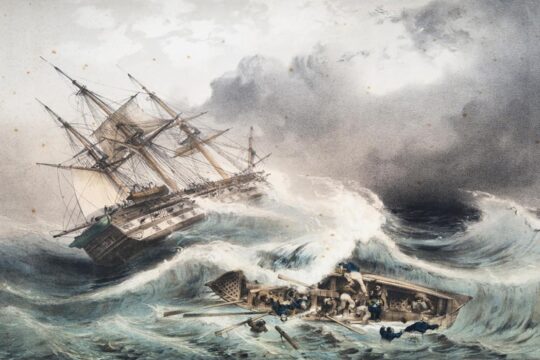Most world stocks markets finished 2016 in positive territory despite shock votes in Britain and the United States, but the outlook for 2017 is clouded by looming European elections and Brexit.
The year witnessed a wave of anti-establishment populism, which saw Britain vote to leave the EU and maverick billionaire businessman Donald Trump elected as US president.
Both unexpected outcomes sparked a brief tumble on global equity markets, but many have since staged a stunning recovery to finish 2016 in the black.
London's FTSE 100 gained 14.3 percent over the year, while Frankfurt's DAX 30 added about 6.9 percent and the Paris CAC 40 won 4.9 percent.
In the US, all three major indices enjoyed robust gains, with the Dow Jones Industrial Average jumping 13.4 percent, the S&P 500 9.5 percent and the Nasdaq 7.5 percent.
Japan's Nikkei rose 0.4 percent in 2016, marking the fifth consecutive annual increase and registering its highest year-end close in two decades on optimism over the incoming US government.
Shanghai slumped more than 12 percent on the back of massive capital flight and a languishing yuan currency.
Equities continued to receive support from robust central bank stimulus programs in Europe, Japan and elsewhere, although the US Federal Reserve raised interest rates in December and signaled it plans more tightening in 2017.
A 50 percent jump in oil prices -- fueled in part by the decision of the Organization of the Petroleum Exporting Countries to cut production -- also supported stocks.
That helped boost the Bovespa in Sao Paolo, which jumped nearly 40 percent on strength in commodity prices and the resolution of an impeachment drama involving former president Dilma Rousseff, which ended with the installation of center-right President Michel Temer in August.
-- FTSE sparkles --
Since Brexit, London's FTSE 100 blue-chip index has soared to end the year in record-breaking form, as the British economy shrugged off the impact of the impending divorce from the EU.
"Fears of an imminent UK recession following Brexit proved wide of the mark thanks largely to the resilience of consumer spending," NFS Macro analyst Nick Stamenkovic told AFP.
"Indeed, Brexit was viewed as a local rather than global issue, prompting a sharp turnaround in the fortunes of world stock markets."
Markets also briefly tanked on November 9 after Republican Trump defeated Democrat and market favorite Hillary Clinton to capture the White House.
Yet Wall Street has since enjoyed a blockbuster run with the Dow Jones Industrial Average making a push towards 20,000 points. In the end, the blue-chip index finished at 19,762.60, logging its best year since 2013.
New York has been boosted by expectations that Trump -- who will be inaugurated on January 20 -- will honour election pledges to ramp up infrastructure spending, cut taxes and streamline regulations.
Markets are pricing in "all the good stuff while ignoring for now potential consequences for the dollar, deficits, interest rates, trade, inflation and the uncertainty principle," JPMorgan Asset Management strategist Michael Cembalest said in a research note.
"Whether this benign view is accurate or not will be a major driver of markets next year."
-- Rise of populism --
Looking ahead to 2017, the spotlight is now on upcoming European elections.
The Netherlands heads to the polls in March, followed by France in May, and Germany in the autumn.
Further gains by populist candidates would reverberate through Europe as Brussels moves into the thick of negotiations with Britain over Brexit.
VTB Capital analyst Neil MacKinnon also highlighted the region's banking problem after the European Central Bank called for Italian lender Monte dei Paschi di Siena (BMPS) to receive a bailout of 8.8 billion euros.
Italy's stock market shed 10 percent over the year.
In the US, investors largely have disregarded worries about the unpredictable Trump, including fears his tough posture towards China could lead to a trade war and that his embrace of Russian President Vladimir Putin could roil international alliances.
But reality could trump expectations.
And expectations are high for Trump's first 100 days, which are anticipated to include progress on these key policies, said Sandy Sanders, a senior portfolio manager at Manulife Asset Management.
"Everyone is going to be laser-like focused on what's going through Congress and the Senate and then to the president's desk and they're going to want to see deliverables on that tax reform," Sanders said.
In foreign exchange, many economists predict the euro could slump to parity against the dollar next year, aided by the Federal Reserve's hawkish stance on interest rates.
The Fed's bullish outlook this month pushed the dollar to 10-month yen highs and sent it heading towards parity with the euro for the first time since 2002.



